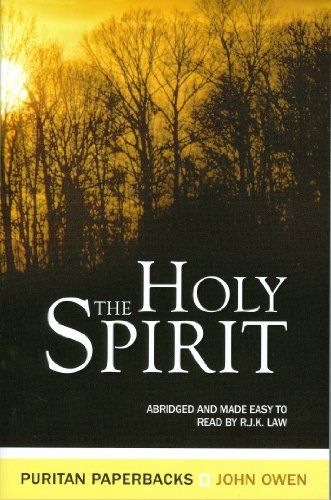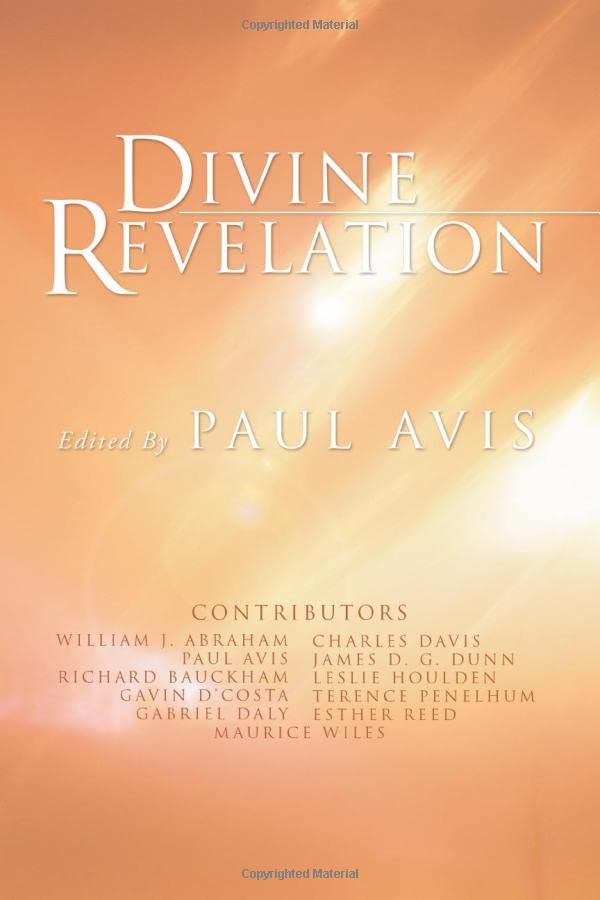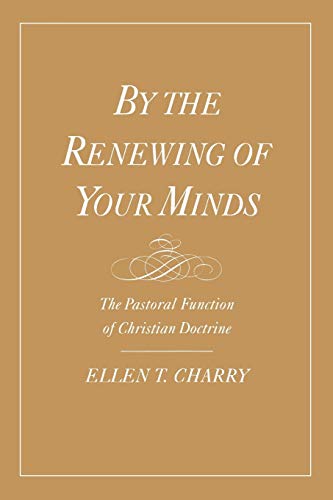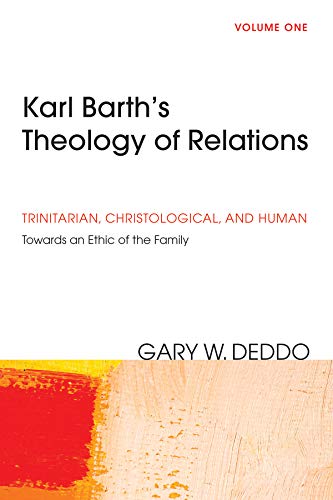The Transformation of Torah from Scribal Advice to Law (JSOTS 287)
Written by Anne Fitzpatrick-McKinley Reviewed By Jonathan BurnsideAnne Fitzpatrick-McKinley tackles the difficult but important question of how we should understand Biblical law. Her thesis is that Torah was originally the work of élitist theoreticians operating from the royal court. She is certainly correct to highlight the links between law and wisdom (the etymology of the noun ‘Torah’ itself is ‘instruction’ or ‘teaching’). In this respect the book is a welcome move away from the ‘legislative’ approach to Biblical law that has tended—anachronistically—to project Western, positivist ideas of law onto the Biblical text. Unfortunately, the argument that Biblical law has its origins in scribal reflections is wholly at variance with the narrative context of the giving of the law. It is also at odds with the evidence in the text that Biblical law was not only understood outside scribal circles but was meant to be applied by the general population.
McKinley approves Patrick’s claim that the proper hermeneutic for the OT is one that allows the text to be ‘the best text it can be’. In the case of Biblical law McKinley claims, this is achieved ‘through the reader’s projection of him or herself into the role of a judge seeking solutions’ to legal problems (52). But before we can project ourselves into the sandals of an ancient Israelite judge, we have to engage in an historical reconstruction of ancient Israelite legal praxis. How were legal rules understood in Israelite society and how might that understanding have been used to resolve disputes? Did the ancient Israelites use general principles or concepts to solve legal problems or did they use customary, narrative images of what is right? Who were the judges in ancient Israel? Were legal disputes resolved by formal judges and courts, or were they dealt with, so far as possible, by the people themselves using ‘self-executing’ rules? And so on. Unfortunately, the author wholly fails to reconstruct such a praxis from the texts. Consequently, she fails to consider how ordinary Israelites—and not just scribes—might have made sense of Biblical law.
McKinley takes advantage of the disjuncture between Biblical ideology and social reality to claim that there is no necessary connection between the text and actual social practice; viz. Biblical law is purely a literary confection and nothing else. However, a more balanced view would be that, although the laws of the Hebrew Bible give only a partial view of the norms of ancient Israel, they are nevertheless a primary source for reconstructing the ideals and practices of that society. The texts are literary constructions that represent, to a greater or lesser extent, the law as actually practised. McKinley relies heavily on a highly controversial approach of Calum Carmichael that sees Biblical law as simply a series of esoterically coded allegorical allusions. McKinley shows no awareness of the criticisms made of this eccentric method and, instead, sweepingly asserts that ‘the determining relationship [in biblical law] is that between law and narrative and not that between law and practical life’ (106).
The author disparages Jackson’s approach to Biblical law as being of ‘limited worth’ (108) whilst drawing upon his work elsewhere (notably chs 3 and 4). She overlooks Jackson’s proposition, developed in regard to the Book of the Covenant, that the laws were directed to the people as a form of teaching to be implemented by them directly. Having wedded herself to a particular ‘non-legislative’ view of Torah, McKinley finds an analogy with the ancient Indian idea of dharma (a type of moral obligation), although she gives no adequate reason why this acts as a valid resource for comparison.
McKinley succeeds in identifying the problems associated with the legislative approach that has tainted Biblical legal studies for too long. But she is wide of the mark in identifying an alternative. Meantime, Bernard Jackson’s forthcoming Sheffield volume Studies in the Semiotics of Biblical Law promises a further round in the debate of how we should understand Biblical law.
Jonathan Burnside
Bristol University







